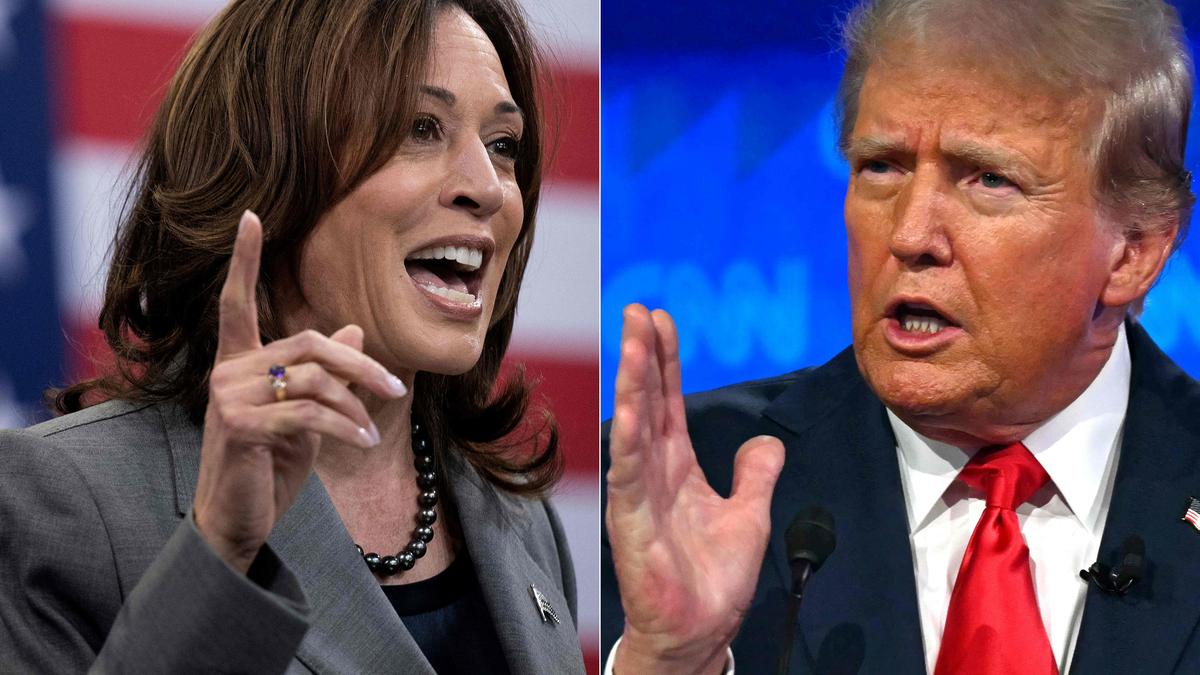If Presidential Elections Were Like the Oscars, America Could Feel More Unified Right Now
Imagine a world where the United States elected presidents the way the Academy Awards selects its Best Picture winner—using Ranked-Choice Voting (RCV). This approach, popular in Hollywood, could be a way to make the presidential election process feel less divisive and more representative. In this article, we’ll explore how RCV could influence election outcomes, reduce polarization, and offer a more inclusive choice for American voters.

How Ranked-Choice Voting Works
What is Ranked-Choice Voting?
Ranked-Choice Voting allows voters to list their top candidates in order of preference. If no candidate receives over 50% of first-choice votes, the candidate with the fewest votes is eliminated. Then, votes from those ballots are reassigned to the next preferred candidate. This process continues until one candidate achieves a majority.
Hollywood’s Favorite Method
RCV is often associated with the Oscars. It’s how underdog films like Moonlight and Parasite managed to secure wins for Best Picture. By rewarding consensus rather than plurality, RCV helps elevate candidates who appeal broadly, reducing the chance of highly polarizing figures advancing.
Why the United States Could Benefit from Ranked-Choice Voting
Reducing Polarization in Politics
In recent years, American elections have become increasingly polarized. In a typical primary, a candidate can win with a relatively small percentage of votes, allowing divisive candidates to advance without majority support. With RCV, candidates need broader appeal, which can reduce extremism and polarization.
Increased Voter Engagement and Satisfaction
In a typical election, many voters feel their choices are limited, which can lead to voter apathy. With RCV, people may feel they have a stronger voice and more options. This system gives voters greater control and encourages turnout, as people are more likely to participate when they feel their vote truly matters.
Real-World Examples of RCV in America
Several U.S. states and cities have already implemented RCV. Alaska, Hawaii, and Wyoming have used it for Democratic primaries, while Virginia Republicans used RCV for state-level contests. These trials suggest that voters may find RCV more representative and satisfactory than traditional voting methods.
The 2016 Primary Example: A Case for RCV?
In the 2016 New Hampshire Republican primary, Donald Trump won with 35% of the vote, far from a majority. Candidates like John Kasich, Ted Cruz, and Marco Rubio each held a portion of the remaining votes. With RCV, it’s possible that these other candidates could have accumulated enough second- or third-choice votes to surpass Trump. Similar to how Spotlight won Best Picture over the more divisive The Revenant, RCV could prevent controversial candidates from advancing solely due to plurality.
Madonna, MAGA, and Misinformation: The Role of Social Media in Modern Politics
The Case of Madonna and Her Daughter
Social media has blurred the lines between fact and fiction, often causing misperceptions about public figures’ political views. Recently, a Facebook account supposedly representing Madonna’s daughter, Lourdes Leon, implied support for Trump—a stark contrast to Madonna’s clear anti-Trump stance. Though Madonna’s representatives confirmed the account was fake, it highlights how easily misinformation can spread and influence public opinion.
Why Misinformation Matters in Election Contexts
False narratives can damage reputations, divide people, and even impact election results. When celebrities’ or public figures’ stances are manipulated, it can skew public perception, creating confusion about who actually supports what. In an age where media and information are decentralized, it’s critical for voters to seek reputable sources.
Jon Batiste’s Perspective: Can Controversial Leadership Spark Artistic Growth?
Art’s Reaction to Political Turmoil
Renowned musician Jon Batiste recently expressed an unusual take on controversial leadership. According to Batiste, adversity can often drive artistic expression. Historical moments of conflict and division, he argues, have inspired profound creativity among artists. For example, his latest album, Beethoven’s Blues, melds classical and modern influences, reflecting resilience through art.
Art as a Tool for Healing and Unity
Batiste’s belief that art can bridge divides aligns with his vision for a more united America. He suggests that art can inspire people to come together, especially during challenging times. In his latest project, he uses Beethoven’s music as a bridge between cultures and time periods, symbolizing the potential for unity even when politics feel fractured.
How Ranked-Choice Voting Could Transform Future U.S. Elections
Empowering a Broader Spectrum of Voters
With RCV, voters gain the power to rank their choices, increasing the likelihood that their voices are heard—even if their top candidate isn’t elected. This inclusiveness could reduce the number of “wasted” votes, promoting a government that truly represents a wider array of people.
Potential for RCV to Impact Presidential Elections
If RCV were implemented nationwide, candidates with broad appeal—those who might be a second or third choice for many—would have a stronger chance of winning, preventing highly polarizing figures from dominating due to small pluralities. This system could make the presidential race less like a reality TV competition and more like a democratic process that respects the diversity of the American electorate.




